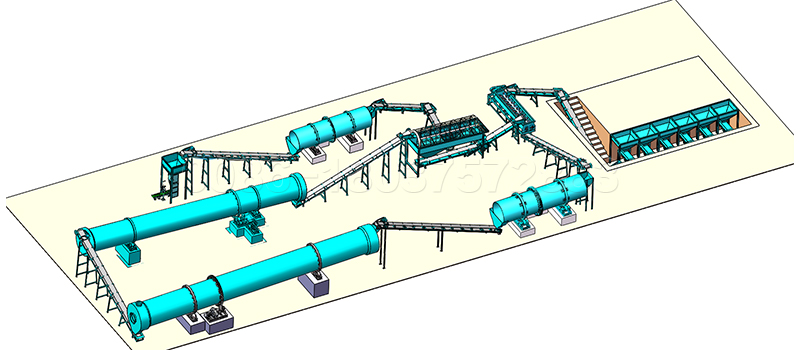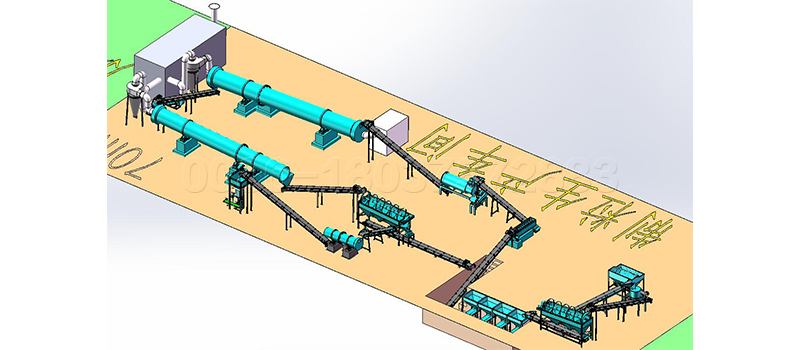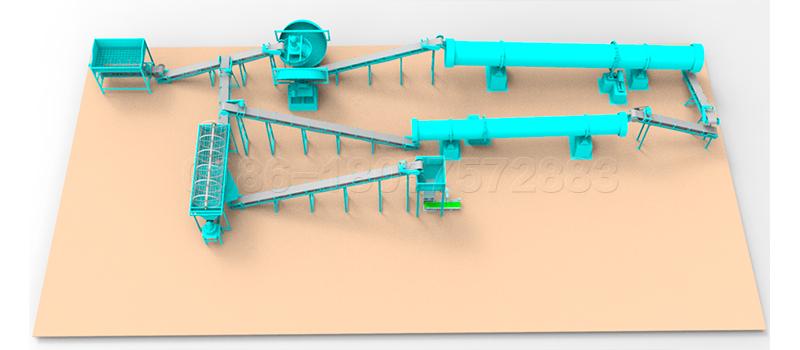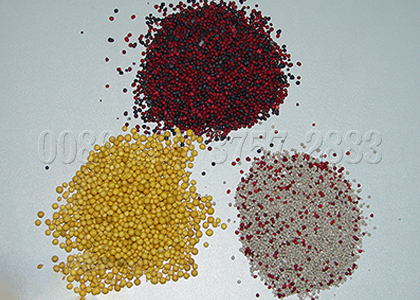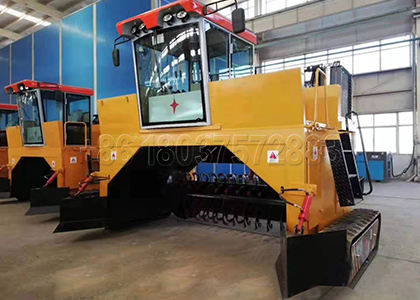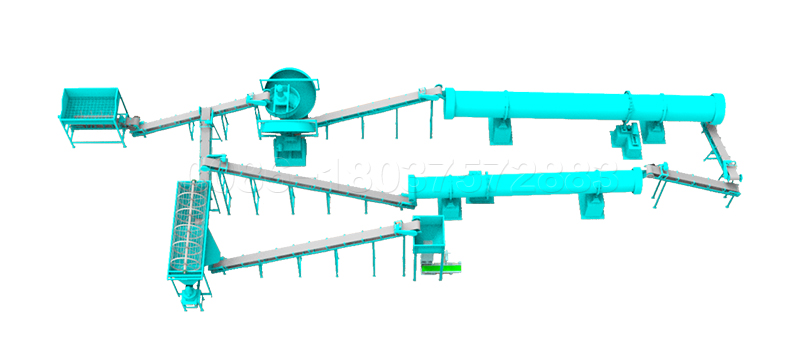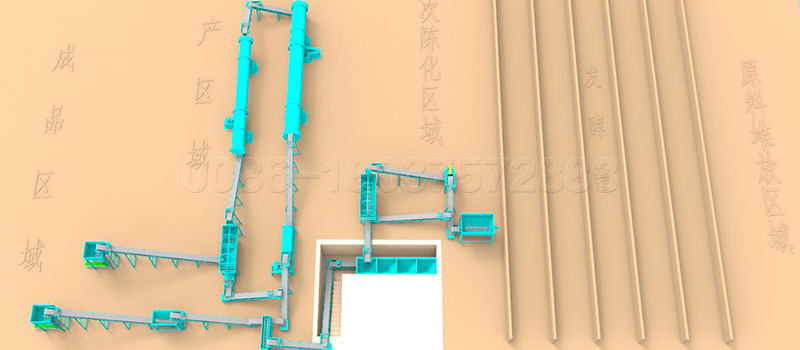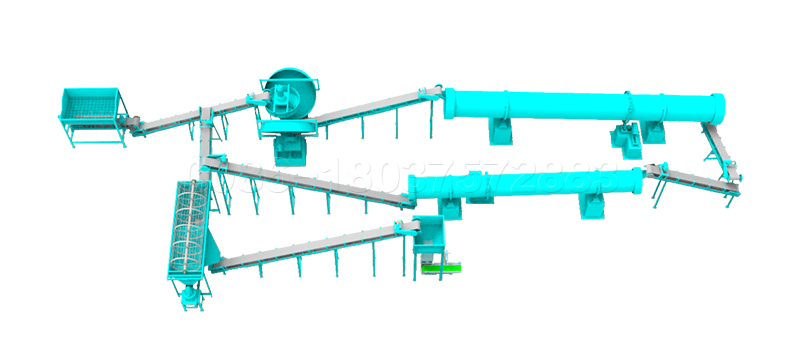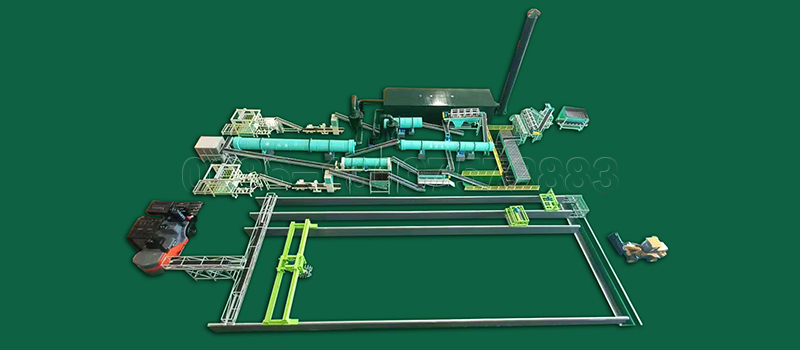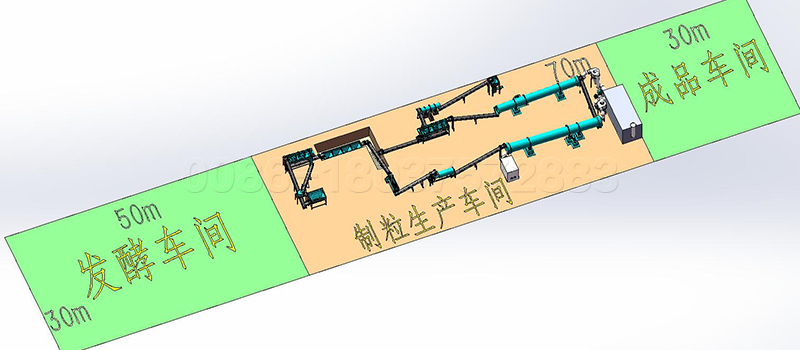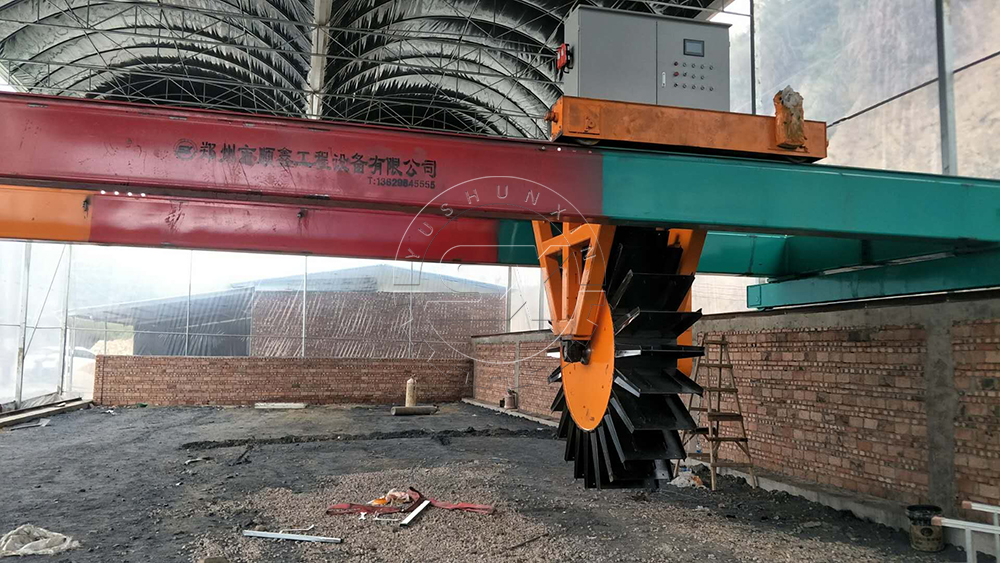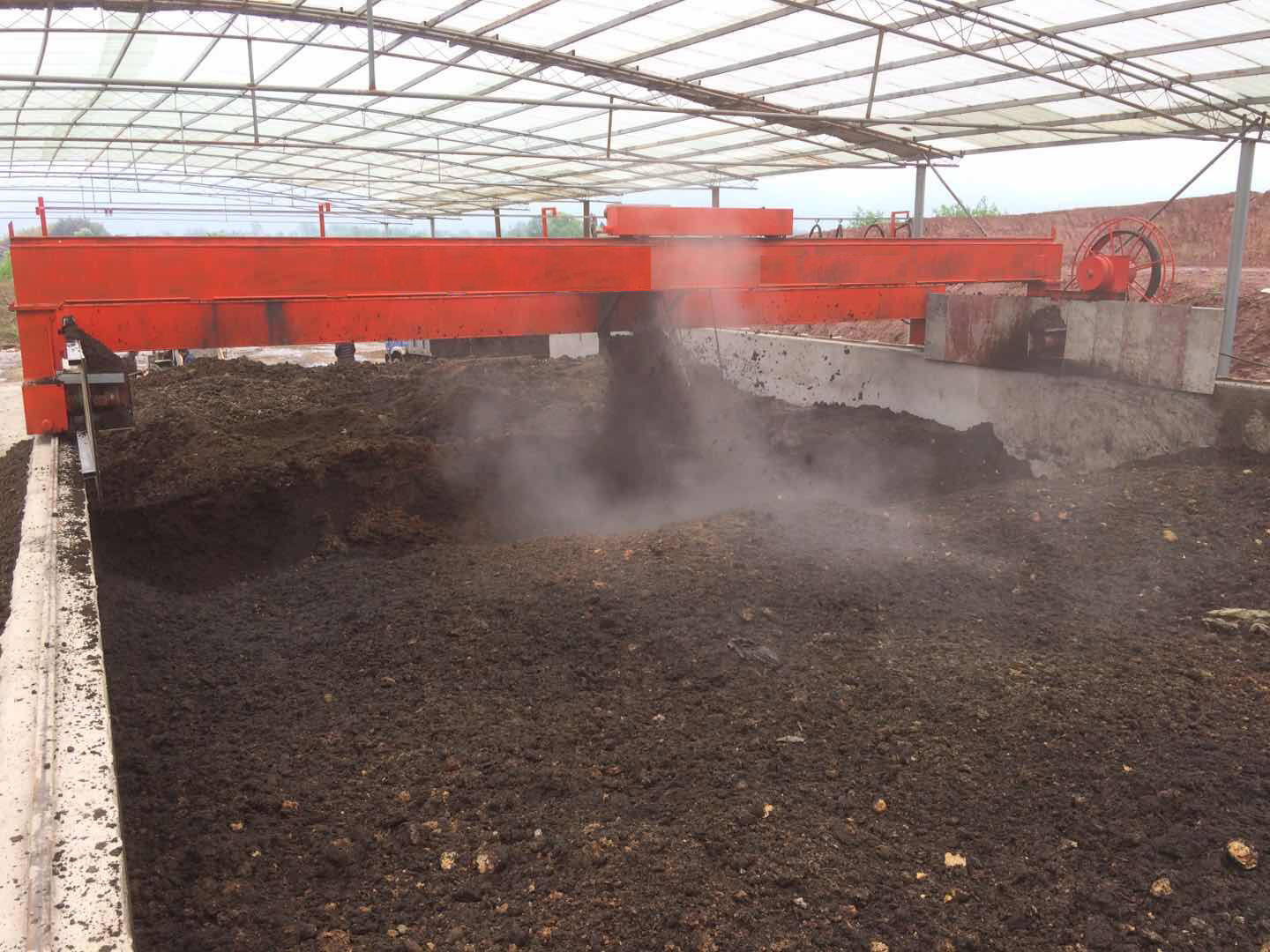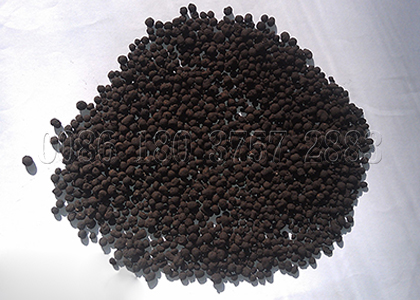Popularization of organic fertilizer in crops and chemical fertilizers
1. According to relevant data, the utilization rate of chemical fertilizer in China’s actual production is only 30%-45%. Some of the lost fertilizer is decomposed and released into the atmosphere, some is lost with the soil and water flow, and some is fixed in the soil and cannot be directly absorbed and utilized by plants.
It will also cause soil salinization and hardening and other adverse consequences. When we apply organic fertilizer, its beneficial biological activity can improve the soil structure, increase the soil’s ability to retain water and fertilizer, and reduce the loss of nutrients. In addition, the beneficial effect of organic matter on microorganisms to Dissolve Phosphorus and potassium can increase the effective utilization rate of fertilizer to more than 50%.
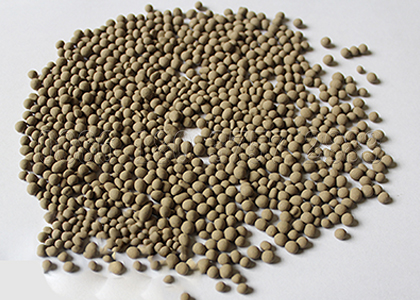
In the process of fertilizer production, the equipment required for biological fertilizer production is similar to that for organic fertilizer.
Organic fertilizer can increase crop yield and improve the quality of agricultural products. Under the same nutrient elements, organic fertilizer is compared with chemical fertilizer. Generally speaking, organic fertilizer is more effective as base fertilizer than chemical fertilizer.
The effect of organic fertilizer is often better than that of chemical fertilizer. In particular, improving the quality of agricultural products is more beneficial than chemical fertilizers. Chinese farmers have a tradition of using organic fertilizer and attach great importance to the use of organic fertilizer.
“Ecological agriculture” and “organic agriculture” are emerging in developed countries such as the United States, Western Europe and Japan. They attach great importance to the use of organic fertilizer and stipulate that organic fertilizer is the main source of fertilizer production. Green food. Organic fertilizer can be produced by drum granulation production line.
Organic fertilizer can promote the growth of soil microorganisms and the absorption and utilization of crops. Organic fertilizer contains a lot of organic matter, which is the most important place for the growth and reproduction of various microorganisms.
The organic matter of organic fertilizer can also produce various phenols, vitamins, enzymes, auxin and hormone like substances in the decomposition process, which can promote the growth of crop roots and the absorption of nutrients. We are a fertilizer manufacturing equipment manufacturer, an old factory with a history of more than 20 years. Welcome to visit our factory.
Reduce nutrient fixation and improve nutrient availability. Organic fertilizer contains many organic acids, humic acids and other hydroxyl substances. They all have strong chelating ability and can chelate with a variety of metal elements to form chelates. Prevent the soil from fixing these nutrients and losing efficacy. For example, organic and phosphate fertilizers are used in combination.
Chelates such as organic acids in organic fertilizers can chelate highly active aluminum ions in soil and prevent the combination of aluminum and phosphorus to form closed storage phosphorus, which is difficult for crops to absorb. Increase soil available phosphorus content.
To make fertilizer for your crops production, welocme go to https://www.fertilizer-plants.com/


